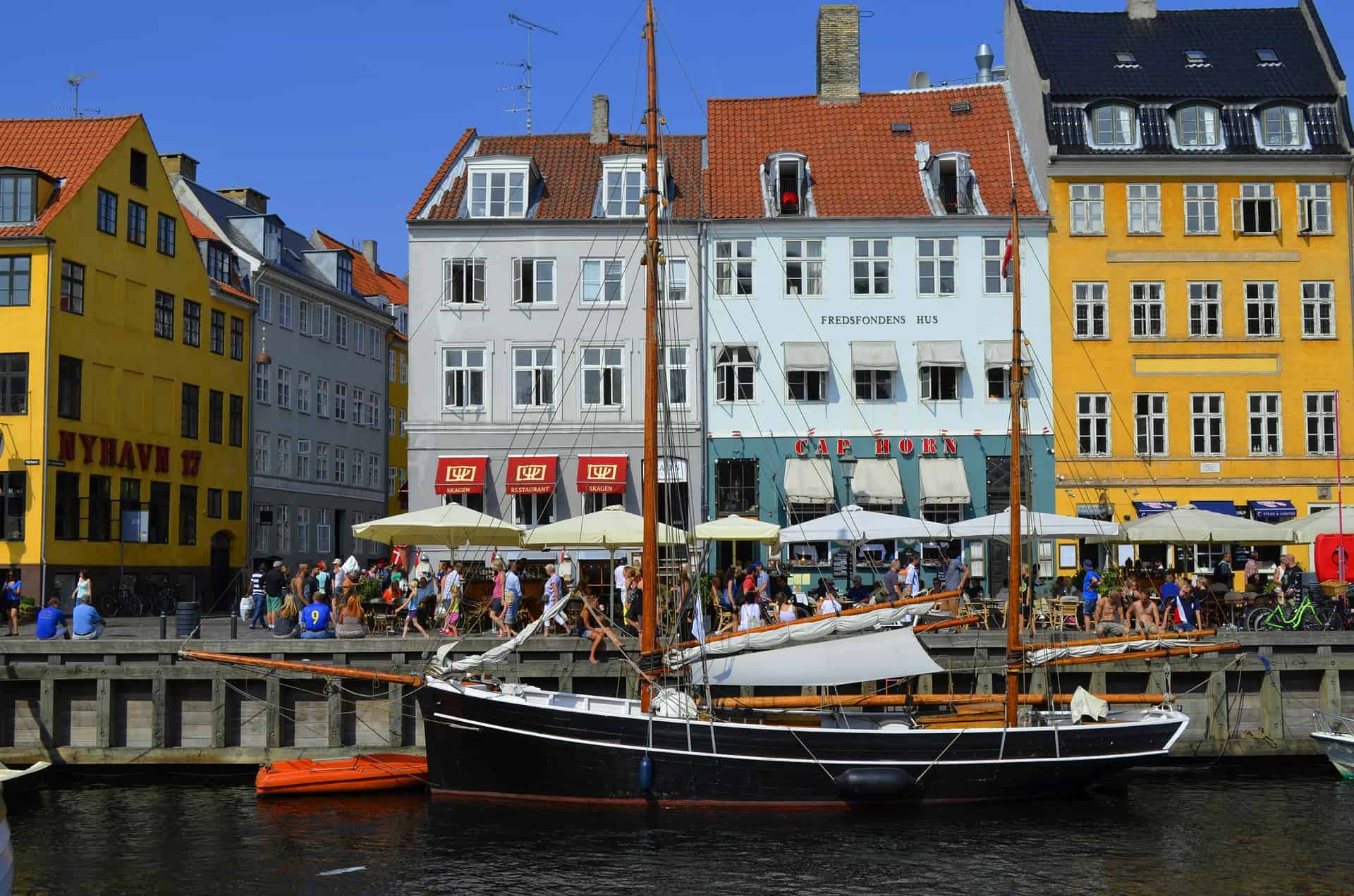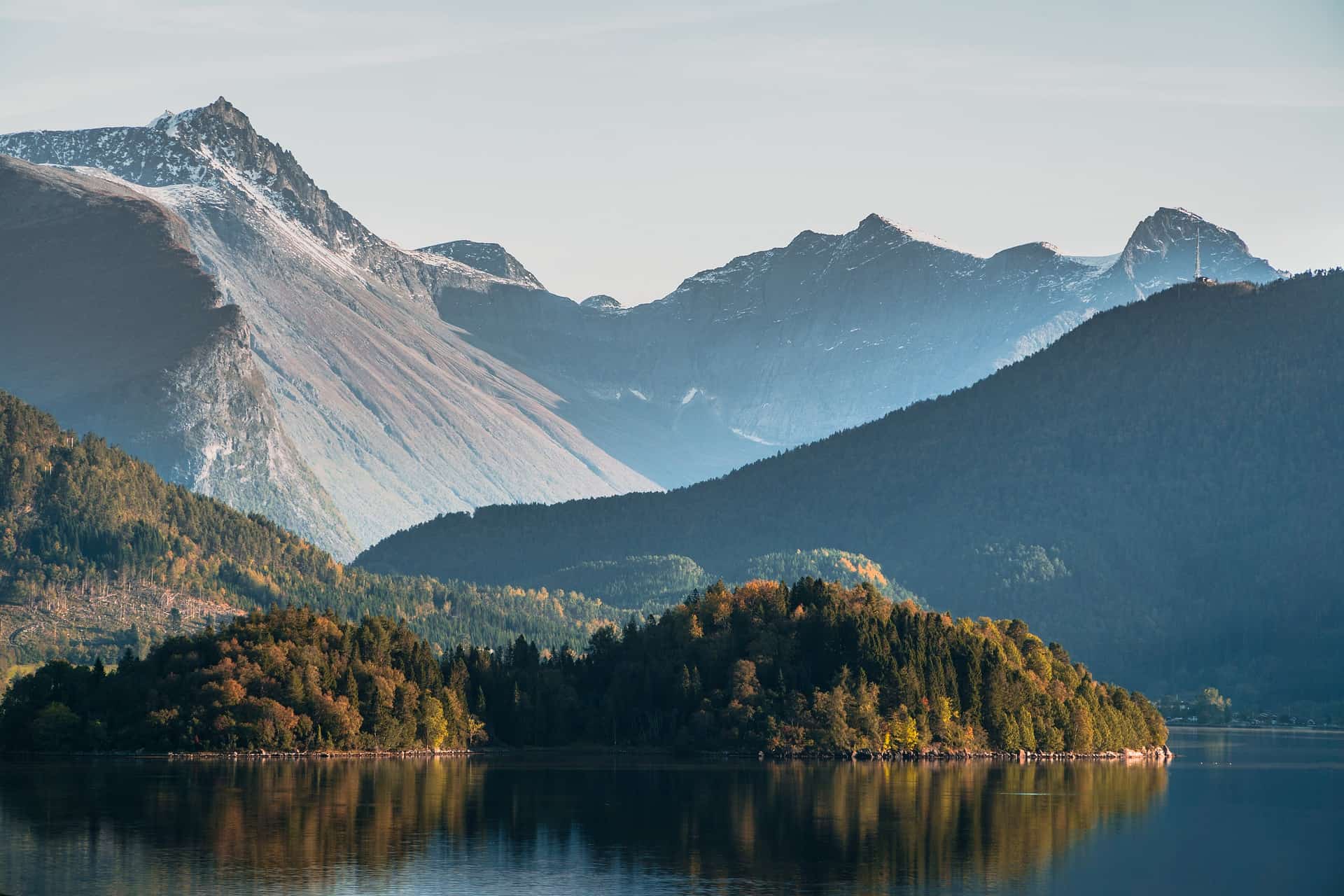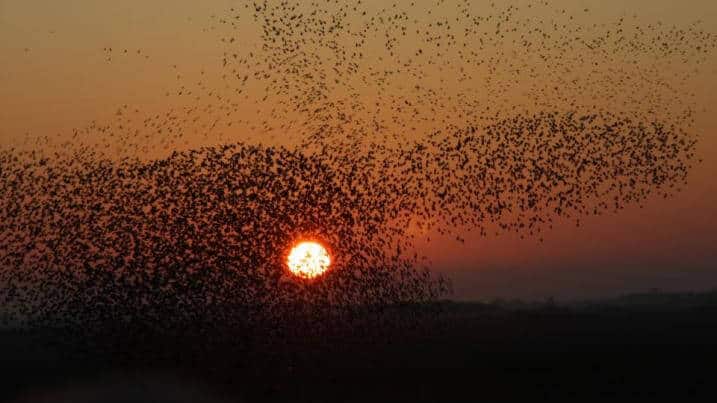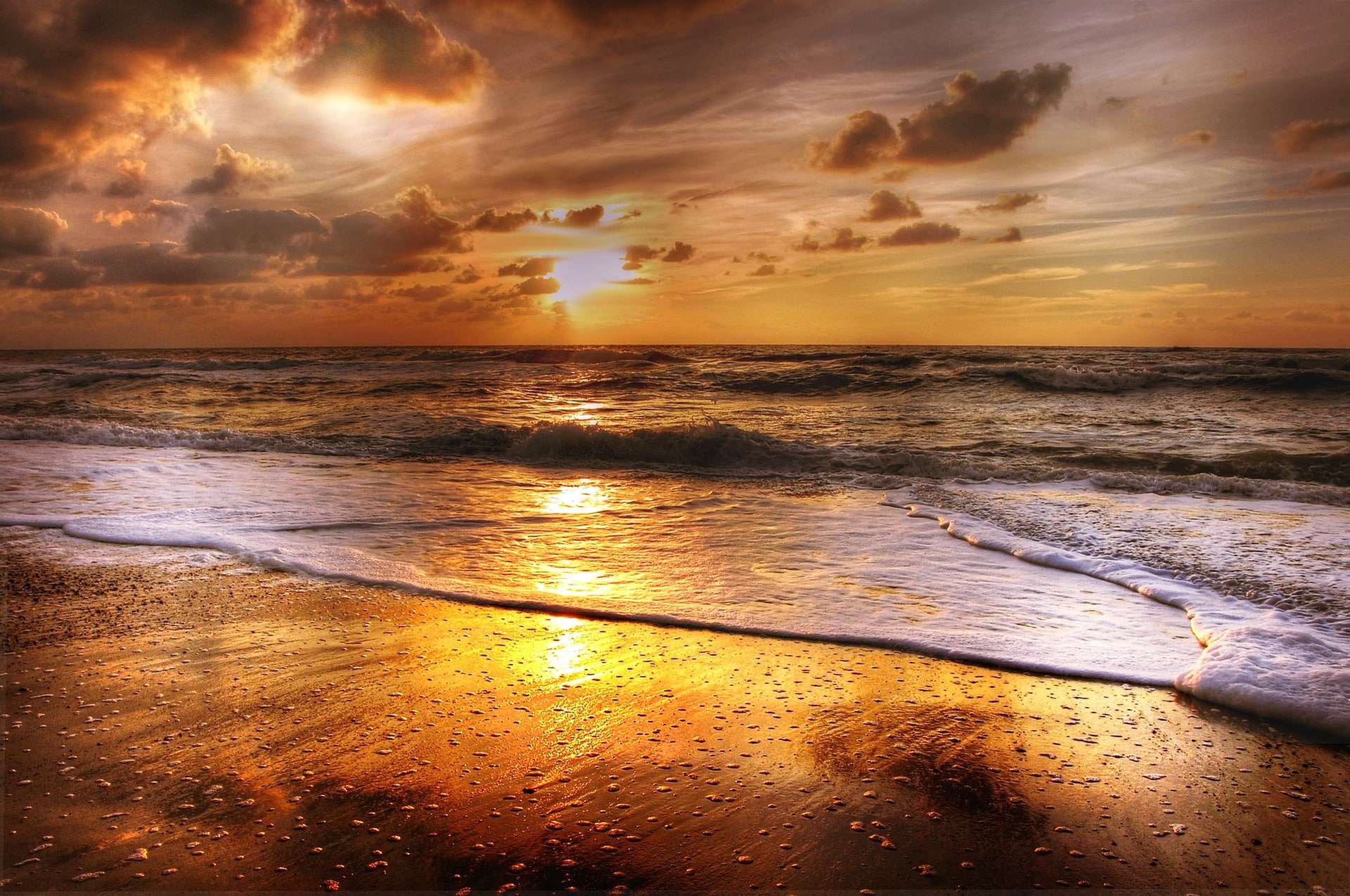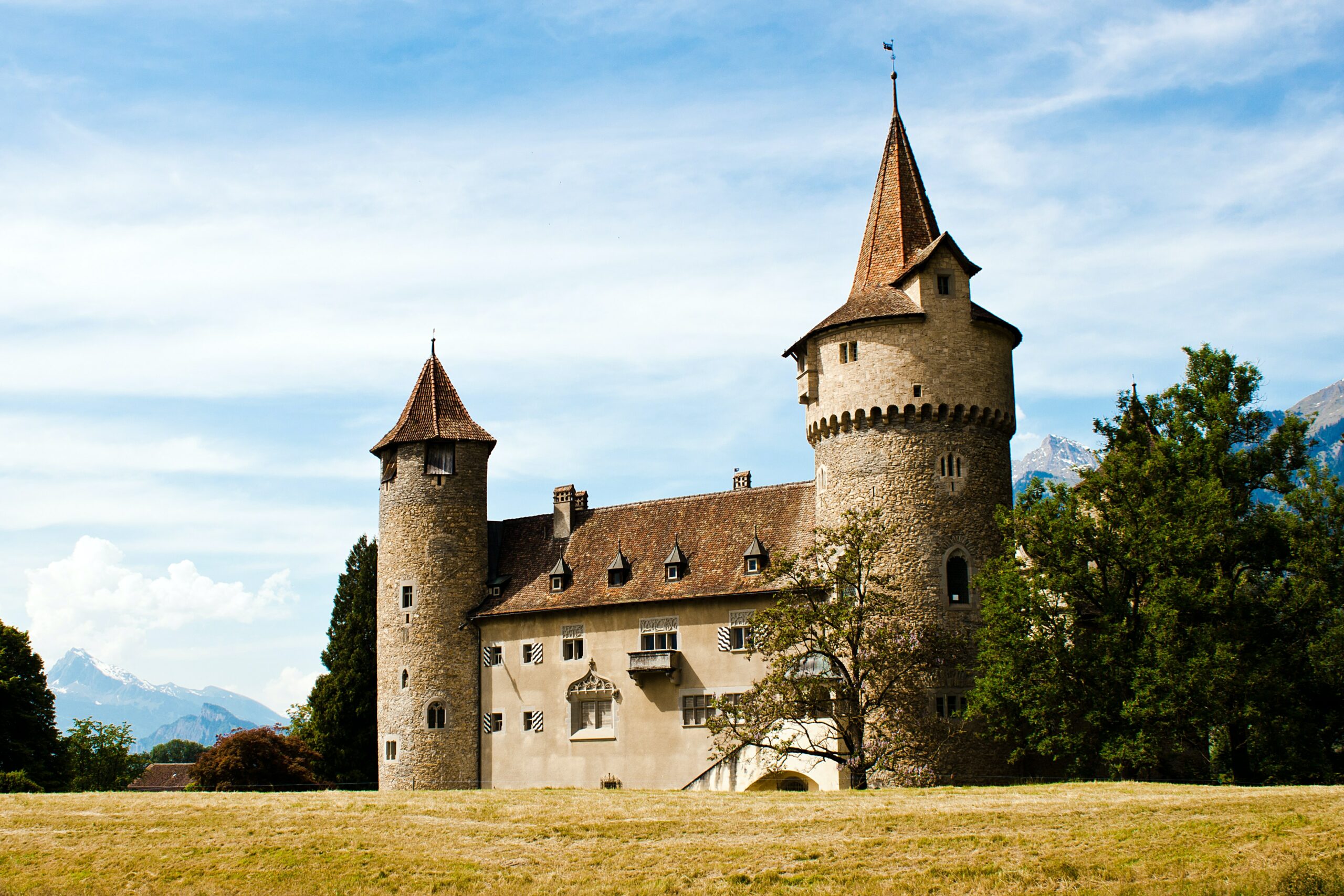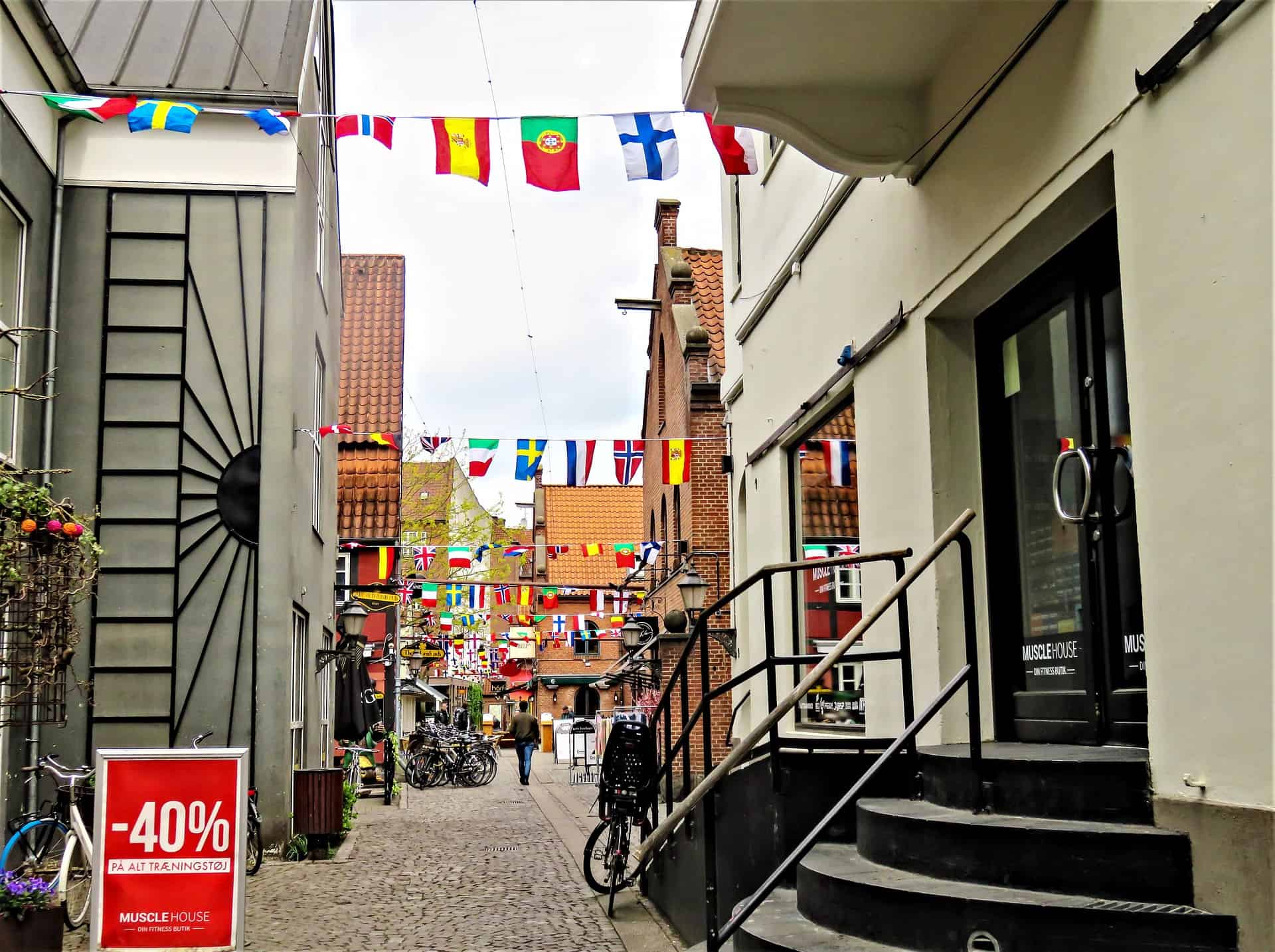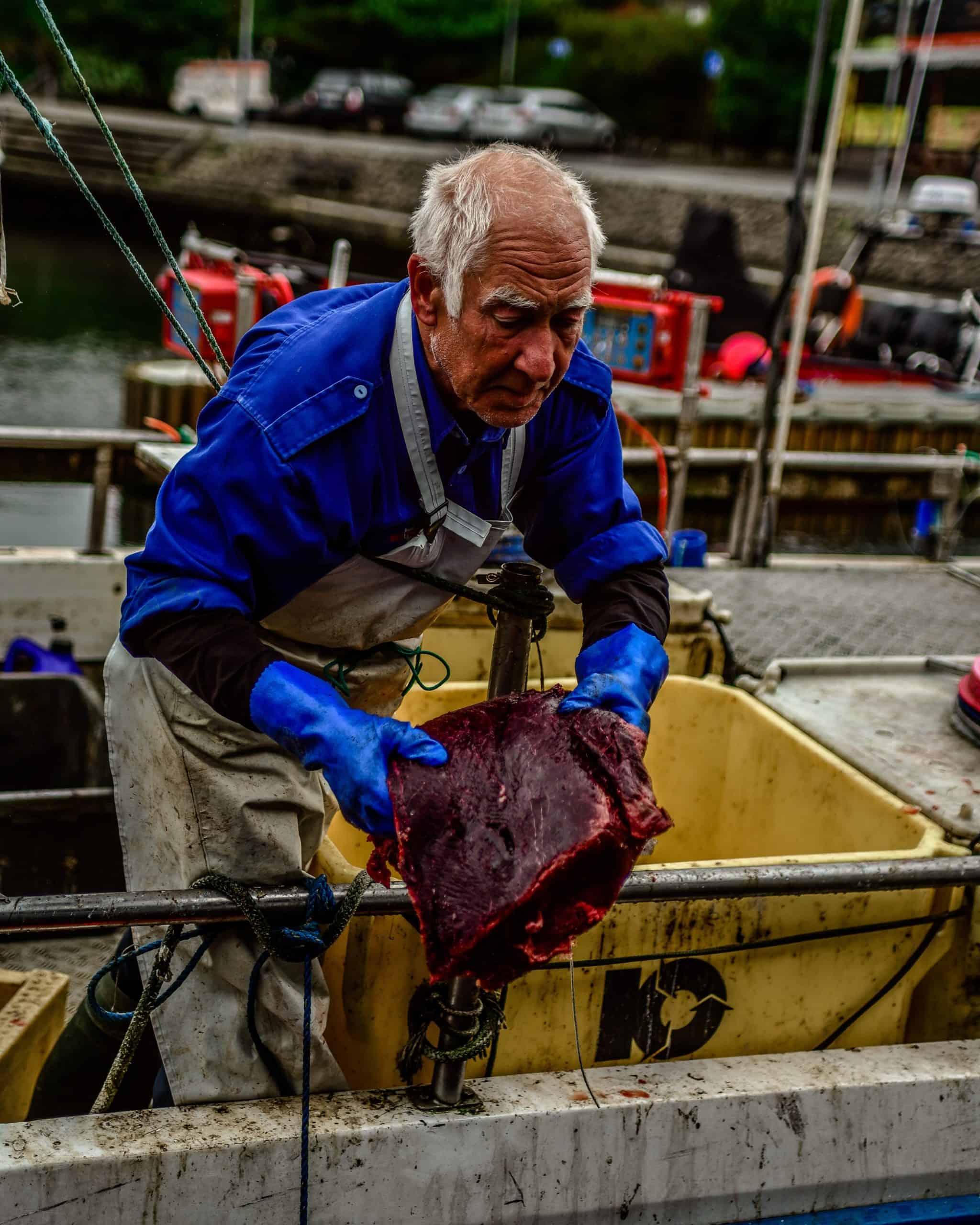
Witness the Chilling Annual Whale Hunt (Grindadráp) in Faroe Island
Many countries in Europe have mainland and island territories that form part of the unified country which is the same case with Denmark. While those visiting Denmark may not be well aware of this, Denmark consists of large islands including Zealand, Jutland and Funen. Unknown to many, there are other two territories that form part of Denmark and these include Greenland and Faroe Islands.
Far in the North Atlantic lies the Faroe Islands located in the self-governing territory of Denmark. This autonomous territory is under the kingdom of Denmark forming a part of Scandinavia with 18 small islands. This is the territory where every year, especially between the months of July and August, hundreds of pilot whales are hunted for a kill.
The aim is to have a taste of their meat, the blubber by the inhabitants of these islands. Conservation of nature and life is in the frontline of the key issues pursued in Denmark. Violation of animal rights, conservation, of nature and the environment are among the key aspects fronted in Denmark. For this reason, the animal activists in collaboration with the environmental and conservation groups have come out to condemn this act of whale hunting.
Culture and traditions are also some key areas in our lives and they say it is prudent to respect and honour a people’s various ways of life. The Faroe’s government reaction is that their way of hunting and killing the whales is an integral part of their tradition and culture. Therefore, key players are stuck in between preserving and conserving animal rights or respecting a culture.
Whaling in the Faroe Islands
This is a practice in a form of drive hunting that pushes various whale and dolphin species especially pilot whales into a shallow end. Sometimes it is referred to as grindadrap in the Faroe Islands. The pilot whales are usually brought to the shallow end to render them stranded and helpless.
Later the whales are killed in a monstrous manner every year. From the records, it is clear that at least 700 long-finned pilot whales are caught in this act during summer. Alongside these, are also hundreds of Atlantic white-sided dolphins.
As it has been a case happening for centuries, whaling along the Faroe Islands is still happening even today. Since their settling, the Faroese have feasted on pilot whale meat and blubber for years. And to date, the drive hunting of pilot whales in Faroe Island has remained to be a community activity open to all.
It is surprising to learn that this activity has now been regulated by a national law while at the same time organised at a community level. A closer insight into the records of activities that have happened so far, reveals a kind of horror and dread to an animal and nature lover.
The History: Where it all Began
Whaling in the Faroe Islands dates back to the 9th century and to most Faroe Islanders, this practice is a major part of their history. This practice is mostly evidenced through a look into the Norse settlement between 800-900 AD in the Viking Era. In fact, them keeping records of their kills is something that also started a long time ago.
When Christianity visited Faroe Island after 999 AD, the Islanders started to keep records of their kills. This was mainly for the purpose of tax paid to the king of Norway. Archaeological evidence indeed indicates traces of whaling of pilot whale bones in household remains.
Around 1200 AD archaeologists reported on pilot whale bones findings and the laws put in place to regulate this practice. Great evidence was found in the 1298 Sheep Letter which indicated written records of whale kills. What a great history and culture it was that enabled the storage of statistical records that are practically reliable from 1709 to date. I have read and understood various cultural practices, but this one of the Islanders fathoms my emotions and understanding.
In the 20th century however, the laws and regulations regarding Faroese whaling were tightened. This was presided by the Danish governor and the Sheriff who issued the first draft containing the whaling regulations to the Danish authorities in Copenhagen. It was in June 1907 and in 1932, the very first modern whaling legislation was put into place.
What About the Grindadráp Tradition?
The Faroese government and a great population of the Faroese, believe the yearly practice is a strong way of culture and tradition. As a matter of fact, they want it preserved as an institution of their traditional culture.
Many foreigners have come forth to despise and condemn this practice that means a fortune to the people of Faroe Island. However, the Islanders have maintained and termed such as disrespect and undermining of the tradition and culture of Faroese. In fact, their government believes that this could be attributed to meddling and interference with the territory’s affairs.
It comes as a surprise though that it is not only the Islanders culture, but the Japanese also believe in this as a cultural practice. According to the Japanese government, dolphin hunting in Taiji, is a form of tradition especially on their food culture.
Traditions are a way of people’s culture and thus should be respected. They are tangible representations of values in a society that holds them in solidity. But what does it really imply if tradition cannot conserve and preserve nature and animal rights?
The Aspect of Cruelty and Safety
There is persistence that the hunting and killing methods have been polished to ensure little harm to the whales when they’re killed. Besides, there is also an assurance that all hunters must presently obtain a hunting licence to participate in the activity. But most people who believe in nature conservation and preservation still don’t believe that such should exist.
Animals are special, innocent and lovely creatures hence don’t deserve search treatment in the name of honouring and conservation a tradition. Just like humans, animals too have their own rights and deserve to be loved. Much more can be done like sacrificing one aspect in respect of the other.
Though scientists have also revealed that pilot whale meat and blubber contain iron, too much protein, vitamins, and carnitine. Concerns have been put across to notify of the high levels of mercury and PCBs in whales which can be bad for human health.
